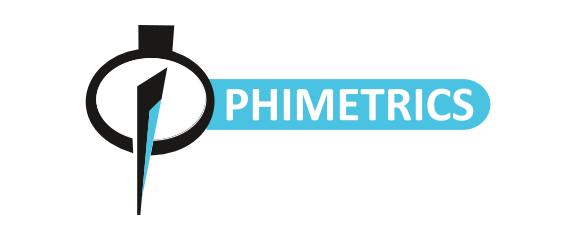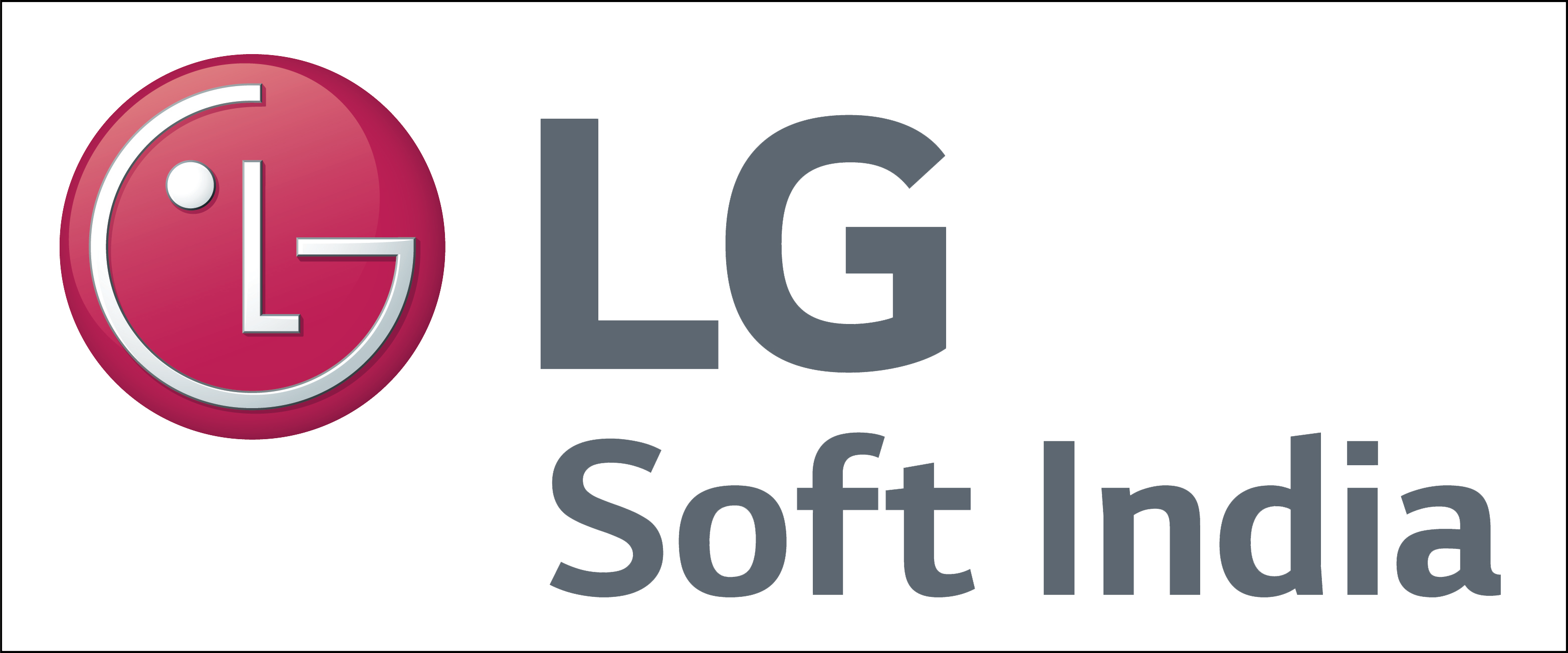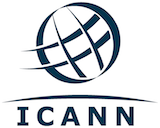Workshop on Intelligent Transportation Systems (ITS)
Workshop Date: 3rd January 2018
The fourth workshop on Intelligent Transportation Systems (ITS) will be held in conjunction with COMSNETS 2018. This interdisciplinary workshop aims to bring together researchers from various disciplines, and will focus particularly on interdisciplinary approaches to solving urban transportation problems. The workshop invites original papers that make contributions to modeling and control of urban transportation systems. We welcome papers involving any combination of theory, analytical modeling and optimization, numerical simulations, real-world data-driven approaches, experimentation, advanced deployment and case studies. Studies involving economic, behavioral and environmental aspects are equally welcome.
Domains of interest include, but are not limited to:
- Traffic theory for ITS
- Modelling, control and simulation
- Emissions, noise, environment
- Multi-modal and public transportation management
- Economic considerations
- V2V and V2I theory and applications
- Human factors and human behavior
- Dynamic characterizations and emergent phenomena
- Emergencies and accidents: phenomena, management and mitigation
- Sensors and Big data and ITS
- ITS field tests, deployment and experimentation
- Design and evaluation of machine learning models on IoT data
- Automated Vehicles
Submission Guidelines
- Submissions must be no greater than 6 pages in length including all figures, tables, and references and must be a PDF file. A minimum number of 3 pages are required.
- Reviews will be single-blind: authors name and affiliation should be included in the submission.
- Submissions must follow the formatting guidelines as given on IEEE Website.
- All workshop papers (full papers - both regular and invited) will appear in conference proceedings and submitted to IEEE Xplore as well as other Abstracting and Indexing (A&I) databases.
- All papers must be in Adobe Portable Document Format (PDF) and submitted through the ITS Workshop submission site on EDAS.
- Papers can also be submitted through EDAS directly : Click Here
Important Deadlines
| Paper Submission | |
| Notification of Acceptance | |
| Camera-ready Submission | |
| Workshop Date | 3rd January 2018 |
Keynote Speakers

Swaroop Darbha
Texas A&M University, USA
Abstract: Automatic Vehicle Following Systems (AVFS) have been investigated for the past seventy years and have recently been deployed in passenger vehicles in the form of Adaptive Cruise Control (ACC) Systems. AVFS have two important components –choice of a spacing policy and an associated control system. Spacing policy dictates the desired following distance at any given speed while the control system is concerned with regulating the following distance at its desired value with the available information. AVFS couple the motion of vehicles by feedback and consequently, errors in maintaining a desired following distance and velocity can propagate in a collection of vehicles employing AVFS. Depending on the underlying information flow graph, amplification of errors in spacing can occur and often result in chain collisions or pileups. The topic of string stability in automatic vehicles is concerned with propagation of spacing errors in a collection of vehicles and is the central focus of my talk. In this talk, I will relate how vehicle models, information flow among vehicles and spacing policies play an important role in the propagation of errors by considering various types of information flow graphs.
Bio: Swaroop Darbha received his Bachelor of Technology from the Indian Institute of Technology - Madras in 1989, M. S. and Ph. D. degrees from the University of California in 1992 and 1994 respectively. He was a post-doctoral researcher at the California PATH program from 1995 to 1996. He has been on the faculty of Mechanical Engineering at Texas A&M University since 1997, where he is currently a professor. He is a fellow of ASME and IEEE. His current research interests lie in the development of vehicle control and diagnostic systems for Autonomous Ground Vehicles, development of planning, control and resource allocation algorithms for a collection of Unmanned Aerial Vehicles.

Satish Ukkusuri
Purdue University, USA
Abstract: Over the last few years, we are seeing a convergence of technology, data, analytics and new modeling approaches in transportation systems. This trend is expected to continue with rapid advances in technology, growth of connected and self driving cars/communities and our ability to collect high velocity spatio-temporal data. In the transportation network modeling community, many investigations have explored the potential of these technologies especially as they relate to smarter mobility in cities. With the rapid convergence of these technologies, there is a need to develop new modeling frameworks and advance opportunities that exist in this space. This talk with present ongoing research on how network science approaches, data driven techniques and connected/autonomous vehicles are (re) shaping the smart mobility arena. This talk will discuss the speaker’s experience with various big data sources (taxi cab, social media, cell phone, camera data, etc), new network modeling approaches and autonomous vehicle models for making cities smarter and resilient.
Bio: Dr. Satish V. Ukkusuri is a Professor in the Lyles School of Civil Engineering at Purdue University since July 2014 where he teaches courses in transportation systems and freight and logistics planning. Previously, he was an Associate Professor at Purdue University from 2009-2014 and on the faculty of the Department of Civil and Environmental Engineering at the Rensselaer Polytechnic Institute from August 2005 - August 2009. Dr. Ukkusuri is a member of the Transportation and Infrastructure group at Purdue. Dr. Ukkusuri is a co-lead of the Building Sustainable Communities cluster hire at Purdue University with a goal of hiring seven faculty in this interdisciplinary area.
Invited Speaker

C S Shankar Ram
IIT Madras, India
Bio: C. S. Shankar Ram is currently an associate professor in the Department of Engineering Design, Indian Institute of Technology Madras, Chennai, India. He received his Bachelor of Engineering (B. E.) in Mechanical Engineering from MotilalNehru Regional Engineering College, Allahabad, India and his M. S. and Ph. D. from Texas A&M University, USA. He was awarded the 'Young Faculty Recognition Award' by IIT Madras and the 'INAE Young Engineer Award' by the Indian National Academy of Engineering (INAE). His research interests are in the areas of dynamics and control with applications to automotive and transportation systems.
Abstract: This talk would start of by identifying the need for a collision avoidance system in heavy road vehicles such as buses and trucks. The challenges involved in designing such a system would be discussed from the perspective of heavy road vehicle dynamics. The overall process involved in designing the collision avoidance algorithm by controlling the vehicle braking would be presented. Related work that has been carried out would be highlighted along with the evaluation of the algorithm in a Hardware-in-Loop experimental system. A method for incorporating the heterogeneity of traffic in the collision avoidance algorithm would be discussed.
Workshop Agenda
| Time | Sessions |
| 09:00 - 9:10 | Welcome and Introduction |
| 09:10 - 10:10 | Key note talk: Prof. Swaroop Darbha, Texas A&M University, USA, "Benefits of V2V communication for Autonomous/Connected Vehicles" |
| 10:10 - 10:30 | Contributed Paper 1: "Next Generation Distributed and Networked Autonomous Vehicles: Review", Siby Plathottam and Prakash Ranganathan (University of North Dakota, USA) |
| 10:30 - 11:00 | Tea Break |
| 11:00 - 11:30 | Invited Talk: Prof. Shankar Ram, IIT Madras, India, "Collision Avoidance of Heavy Road Vehicles: Perspective from Vehicle Dynamics and Control" |
| 11:30 - 12:30 | Key note talk: Prof. Satish Ukkusuri, Purdue University, USA, "Convergence of networks, smarter (AUTONOMOUS) transportation technologies and big data: recent advances" |
| 12:30 - 12:50 | Contributed Paper 2: "A Way to Measure and Analyze Cellular Network Connectivity on the Norwegian Road System", Ergys Puka (Norwegian University of Science and Technology - NTNU, Norway); Peter Herrmann (Norwegian University of Science and Technology, Norway); Tomas Levin and Christian Skjetne (Norwegian Public Road Administration, Norway) |
| 13:00 - 14:00 | Lunch Break |
| 14:00 - 14:20 | Contributed Paper 3: "Bus schedule for optimal bus bunching and waiting times",M Venkateswararao K (Indian Institute of Technology, Bombay, India); Veeraruna Kavitha (IIT Bombay, India); Urtzi Ayesta (CNRS-IRIT and Ikerbasque-University of the Basque Country, Spain) |
| 14:20 - 14:40 | Contributed Paper 4: "Transit assignment with strict capacity constraints in presence of countdown information", Padma S (CSIR-CRRI & CSIR-CRRI, India); Velmurugan S (Traffic Engineering Department, CSIR-Central Road Research Institute, India) |
| 14:40 - 15:00 | Contributed Paper 5: "Updating a Robust Optimization Model for Improving Bus Schedules", Yassine Baghoussi (LIAAD - INESC TEC, University of Porto, Portugal); João Mendes-Moreira (LIAAD - INESC TEC & Faculty of Engineering, University of Porto, Portugal); Michael Emmerich (LIACS, Leiden University, The Netherlands) |
| 15:00 - 15:20 | Contributed Paper 6: "Transit Timetables as Multi-layer Networks", Prasad Talasila (Birla Institute of Technology and Science, Pilani - KK Birla Goa Campus, India); Asifullah Shaik (BITS Pilani - KK Birla Goa Campus, India); Neena Goveas (BITS Pilani K K Birla Goa Campus, India); Bharat Deshpande (Birla Institute of Technology and Science, Pilani - KK Birla Goa Campus, India |
| 15:30 - 16:00 | Tea Break |
| 16:00 - 16:20 | Contributed Paper 7: "Mining Bus Stops from Raw GPS Data of Bus Trajectories", Nandani Garg (Indian Institute of Technology, Madras, India); Gitakrishnan Ramadurai and Sayan Ranu (IIT Madras, India) |
| 16:20 - 16:40 | Contributed Paper 8: "Training a Deep Learning Architecture for Vehicle Detection Using Limited Heterogeneous Traffic Data", Deepak Mittal and Gitakrishnan Ramadurai (IIT Madras, India); Kaushik Mitra (Indian Institute of Technology, Madras, India); Balaraman Ravindran (Indian Institute of Technology, Chennai, India) |
| 16:40 - 17:00 | Contributed Paper 9: "Segmentation of Vehicle Signatures from ILD data for Real-Time Traffic Monitoring", Niraj Kumar Singh, Lelitha Vanajakshi and Arun Tangirala (IIT Madras, India) |
Workshop Co-Chairs

Parimal Parag
IISc Bangalore, India

Gitakrishnan Ramadurai
IIT Madras, India
Program Committee:
Ramakalyan Ayyagari, NIT Trichy, India
Pravesh Biyani, IIIT Delhi, India
Lili Du, Illinois Institute of Technology, USA
Samiul Hasan, University of Central Florida, USA
Krishna Jagannathan, IIT Madras, India
D. Manjunath, IIT Bombay, India
Jayakrishnan Nair, IIT Bombay, India
Rahul Nair, IBM Research, Ireland
Manoj Panda, Amrita University, India
Arun Prakash, MIT, USA
Gaurav Raina, IIT Madras, India
Shaunak Sen, IIT Delhi, India
Shankar Subramaniam, IIT Madras, India






































